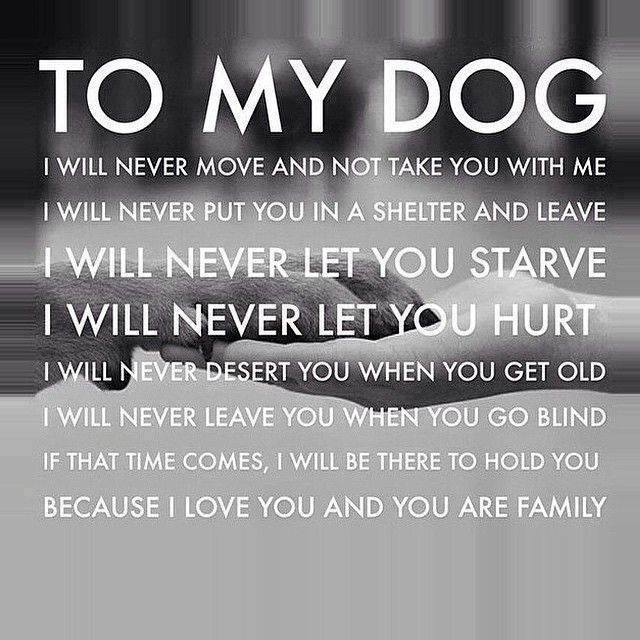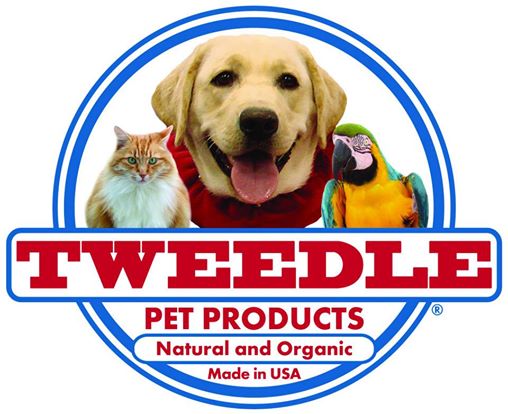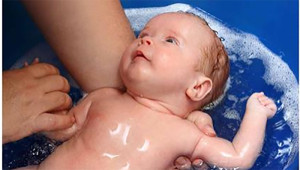The Dangers of Preservatives For People and Pets: Part I.
By Stacey J Nelson Ph.D. AKA ‘Tweedlesmom’.

He/She is your friend, your partner, your defender, your dog. You are their life, their love, their leader.
He/She will be yours, faithful and true, to the last beat of their heart. You owe it to him/her to be worthy of such devotion…”
Author unknown
A few days ago the local television news in Florida aired a story about a family who had their home fumigated in Florida for termites by a well known company called Terminex, and unfortunately the residue of the chemicals used to kill termites created brain damage to their 10 year old son. What a tragedy that should never have happened.
Whether it is pesticide or insecticide or various types of preservatives, chemicals can provide desirable or tragic outcomes. I encourage everyone to start reading up on what types of toxic chemicals are commonly used in our environment, and preservatives that are used in human and pet food.
Warning!
The most common synthetic preservatives are BHT BHA and ethoxyquin. BHT and BHA are also used to stabilize rubber products like tires, to keep them supple, and as herbicides. These are also effective preservatives and keep kibble and pet treats from spoiling almost indefinitely. Natural preservatives now found in better pet foods and treats, are antioxidants like Vitamin E (usually listed as mixed tocopherols)
Vitamin C, Rosemary extract, cinnamon, anhydrous citric acid, etc.
Glycerin is also used as a preservative, but I have discovered numerous dogs have had an allergic reaction to it. I was told glycerin caused diarrhea, an upset stomach, and itchy skin for some of our customers, therefore we do not use glycerin in our pet treats.. We at Tweedle Pet Products – Natural and Organic always use natural and organic preservatives, and do not use any artificial or chemical dyes, artificial colors or spices.
BHT and BHA are known carcinogens. However, the FDA allows for low levels of these synthetic preservatives in both pet and human food and they are generally known as safe in small amounts. Ethoxyquin, while widely used, is still being studied.
Some research has shown that ethoxyquin and other chemical preservatives may compromise liver function in dogs, and in 1997 the FDA recommended that the allowed limited in pet foods be lowered. Some feel that the standards are still too lax and ethoxyquin should not be used at all. It is in very limited use in human foods. People do not eat food laced with ethoxyquin, BHT and BHA at every meal, unlike kibble- fed dogs and cats, and this has raised concerns.
I encourage everyone to read the labels on the products you purchase in the stores and online. If you don’t recognize a name, research the unfamiliar names and find out more information about it.
Preservatives are necessary in commercial pet foods, primarily to prevent the fats from turning rancid and to inhibit mold growth. Synthetic and natural preservatives have been used for many years, but concerns about the potential harm in feeding chemical preservatives with every meal have encouraged the pet food industry to turn to more natural preservatives. The term “preservatives” refers to the functional name for a wide
category of compounds that help slow or prevent bacterial growth in a wide range of products such as human and pet foods, medicines, beauty and personal care products. Helping to prevent the unwanted growth of harmful micro-organisms and protecting various products from spoilage and contamination, is the main reason preservatives are used.
Preservatives in personal care products
I was recently startled to learn about Johnson & Johnson’s baby shampoo containing known or suspected carcinogens. I discovered that for the past two years, health and environmental groups have urged Johnson & Johnson to remove two potentially cancer-causing chemicals from their baby shampoo. Additionally, I was shocked that Johnson & Johnson also produces a natural version of the baby shampoo, but it appears they manufacture this product outside the USA.
It appears Johnson & Johnson has some difficulty prioritizing their goals and the importance of manufacturing safe products for the general public, especially for innocent infants and youngsters. Johnson & Johnson is a multi-million or multi-billion dollar company, and they should be ashamed of themselves continuing to produce products that are unhealthy and in some cases dangerous.
One of these ingredients is quaternium-15, which releases formaldehyde; a skin, eye, and respiratory irritant, and a known carcinogen (formaldehyde exposure has been associated with leukemia specifically). According to SafeCosmetics.org:
“The North American Contact Dermatitis Group considers quaternium-15 to be among the most clinically significant contact allergens in children.”
The other, 1,4-dioxane, is a “likely carcinogen,” and is present in Johnson & Johnson’s:
- Baby Shampoo
- Oatmeal Baby Wash
- Moisture Care Baby Wash
- Aveeno Baby Soothing Relief Creamy Wash
According to the CDC, 1,4 dioxane is “probably carcinogenic to humans,” and is toxic to your brain, central nervous system, kidneys, and liver.
On October 31, 2014 -The Campaign for Safe Cosmeticsi sent Johnson & Johnson a letter signed by 25 environmental and medical groups, demanding they “commit to removing the chemicals from all of its products by November 15.” The Campaign also urges everyone to boycott Johnson & Johnson until it complies.
Johnson & Johnson recently responded:
‘We have been phasing out the use of preservatives that release tiny amounts of formaldehyde to guard against bacterial contamination. These preservative technologies, which are used widely in our industry are all safe and approved in the countries where they are sold… Over the past couple of years, we already have reduced the number of formulations globally with these ‘formaldehyde releaser’ preservatives by 33% and in the U.S. by over 60%.
We are completing this reformulation as quickly as we can safely and responsibly do so. As part of the manufacturing process, we have extensive monitoring to ensure that the amount of a trace byproduct known as “1,4 dioxane” in any of our products is well below the level that the U.S. Food and Drug Administration and regulatory agencies around the world consider safe.
…We have introduced new product formulations for consumers who prefer natural products, such as JOHNSON’S® NATURAL®, a line that is 98% natural, and contains no formaldehyde releasing preservatives or traces of 1,4 dioxane.’
However, reasonable as this may sound, there are two rather obvious ‘problems’ with their reply: They’re already selling a carcinogen-free version of its baby shampoo in other countries, so obviously no complicated reformulation would be necessary
1. The Johnson & Johnson’s Naturals brand does not contain either of these chemicals, but, it costs about twice as much as their regular baby shampoo. That makes TWO carcinogen-free formulas at their disposal, which makes the line ‘We are completing this reformulation as quickly as we can safely and responsibly do so,’ seem like a rather strange excuse
The countries already receiving quaternium-15-free Johnson & Johnson products include: Denmark, Finland, Norway, Sweden, The Netherlands, Japan, South Africa and The United Kingdom.
I will be continuing to share more thoughts about the dangers of preservatives and other toxic ingredients in the next few articles. Remember, the importance of reading the labels of the products you purchase for you, your family, and your pets.
Best Wishes
‘Tweedlesmom’
Stacey J Nelson Ph.D.



